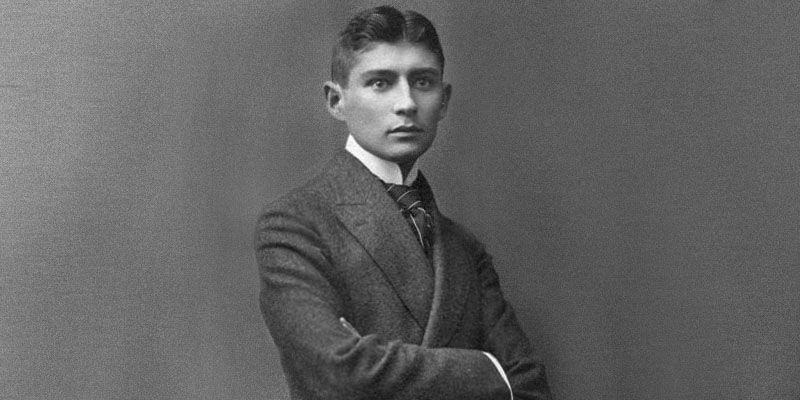Moving Forward
- Solomon K.

- Nov 4, 2025
- 3 min read
Where to go from here? We mentioned the 1840 messianic movement, the precursors of Zionism who merged traditional messianic ideas with contemporary nationalism, Herzl himself was observed as inspired by it, and the Rav Kook embodied traditional messianism, modern nationalism, and the beginnings of the new state and society on his soul.
The last 2 individuals to be observed are the statesman Ben-Gurion and the scholar Gershom Scholem. Ben Gurion was enormously influential of course in the Zionist project, but he was also an intellectual, not just a politician. And his thoughts on messianism and Zionism often took place or were then discussed with him in intellectual circles.
Scholem was among those very intellectual circles, and he is given importance here, because he was an academic and religious historian who greatly influenced the discourse on messianism, including this series, and most of those who write or discuss messianism go through his material.
Old and New
Traditional messianism was all about a particular figure. A real figure. Who would come or rise up or. Messianism was the idea or ideas surrounding that figure.
In the Kabbalah we came across a development (not excluding) of spiritualistic messianism, so they basically took some of the terms and ideas of traditional messianism, and crafted spiritual practices and mindset.
This is the difference between messianism of a Messiah versus messianism, as an ism, and that did not necessitate that figure theoretically.

Later in modern times and post-modern you have more messianisms, the ism kind. Again, sometimes excluding, sometimes including somehow the traditional Messiah in the mix. One might consider Zionism a messianism, religious or secular, or a humanistic idealism and activism as messianism.
Figure and Figurative
David Ben-Gurion, leader of the pre-state institutions of Israel and the first prime minister, said this in 1949 to a group of scholars and poets (intellectuals):
“Messiah has not yet come, and I do not wish that Messiah will come. At the moment that he comes, he will cease to be the Messiah. When you find the address of Messiah in the telephone book, he is no longer Messiah.
The greatness of Messiah is that his address is unknown and he is not to be reached and we do not know which car he drives or if he drives a car at all, or rides a donkey or flies on the wings of eagles.
But Messiah is essential, in that he will not come.
For the days of Messiah are more important than Messiah, and the Jewish people live in the days of the Messiah, anticipating the days of the Messiah, believing in the days of the Messiah, and this is one of the main reasons for the existence of the Jewish people.”
That is definitely a type of post-modern messianism in my opinion, that is secular and Zionistic. How did a young socialist pioneer of Israel become its leader and on the way learn Jewish sources and come up with these ideas?
It started when he was a boy in East Europe, he was an intense reader throughout his entire life. He studied the traditions and texts of Judaism, as well as the Zionistic writings. He was impressed by Herzl when he was a child.
He saw him visiting his village and saw how everyone was excited and Herzl was reflective of a messianic figure of sorts. None of them had a problem speaking of Zionism with messianic terms as well.
And what he saw, and experienced, was that messianism had a certain power, a drive that was profound and useful, so he embraced it.
Ben-Gurion never related to those who had an aversion to messianic rhetoric and anti-nationalism (perhaps that aversion was a Western European liberal thing, since WW1, which was not in his system).

But he was knowledgeable enough and such a towering individual independent character and mind, he had no problem deciding against all the intellectuals who he drove crazy by doing this.
Ben-Gurion used messianic terms and ideas, he used them in his own original way, with spiritual and political opinions, and educational agenda for the nation.



Comments